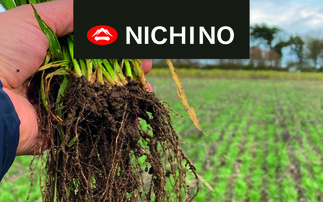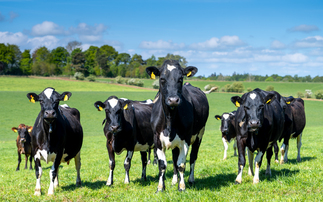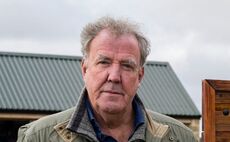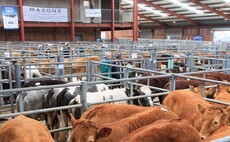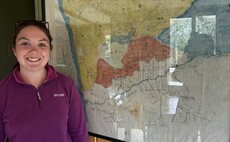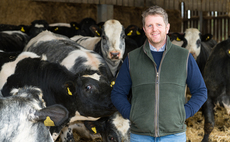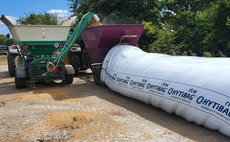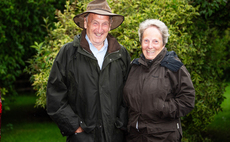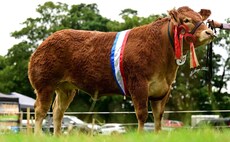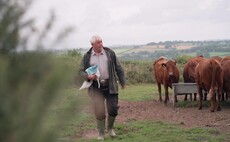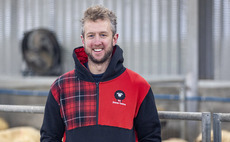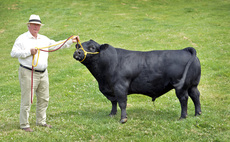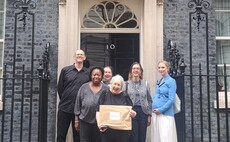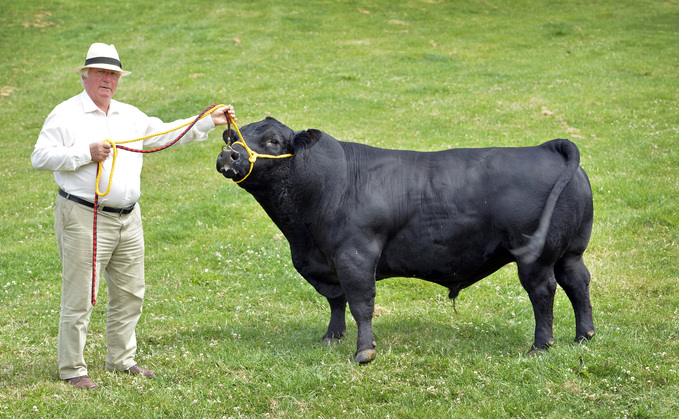
The Dorset farm which pioneered the establishment of Lowline cattle herds across Europe is to sell all its animals and genetics this autumn.
has been built on a meticulous breeding programme spanning 15 years.
Founded in 2010 by Geoff Roper, farm managers Sam and David Maughan have, smallholders, and regenerative-focused estate owners across the UK and Europe.
About 30% smaller than most other commercial beef breeds, Lowlines thrive in low-input grazing systems as they outwinter and can finish on grass alone.
Their Angus heritage makes them hugely attractive to farms and estates looking to produce beef from easy-handling animals.
With Geoff's impending retirement, just under 200 award-winning pedigree Lowlines – including young and mature bulls, heifers, cows and calves – with a diverse range of genetics, are for sale.
"My vision was to establish the breed across Europe and highlight the efficiency and sustainability advantages to farmers and smallholders," Geoff says.
"We have seen great success in achieving this goal. There are now Lowline herds established in England, Wales, Scotland, Northern Ireland, and several countries in mainland Europe.
"Now it's time for new ownership to guide the herd into the future."
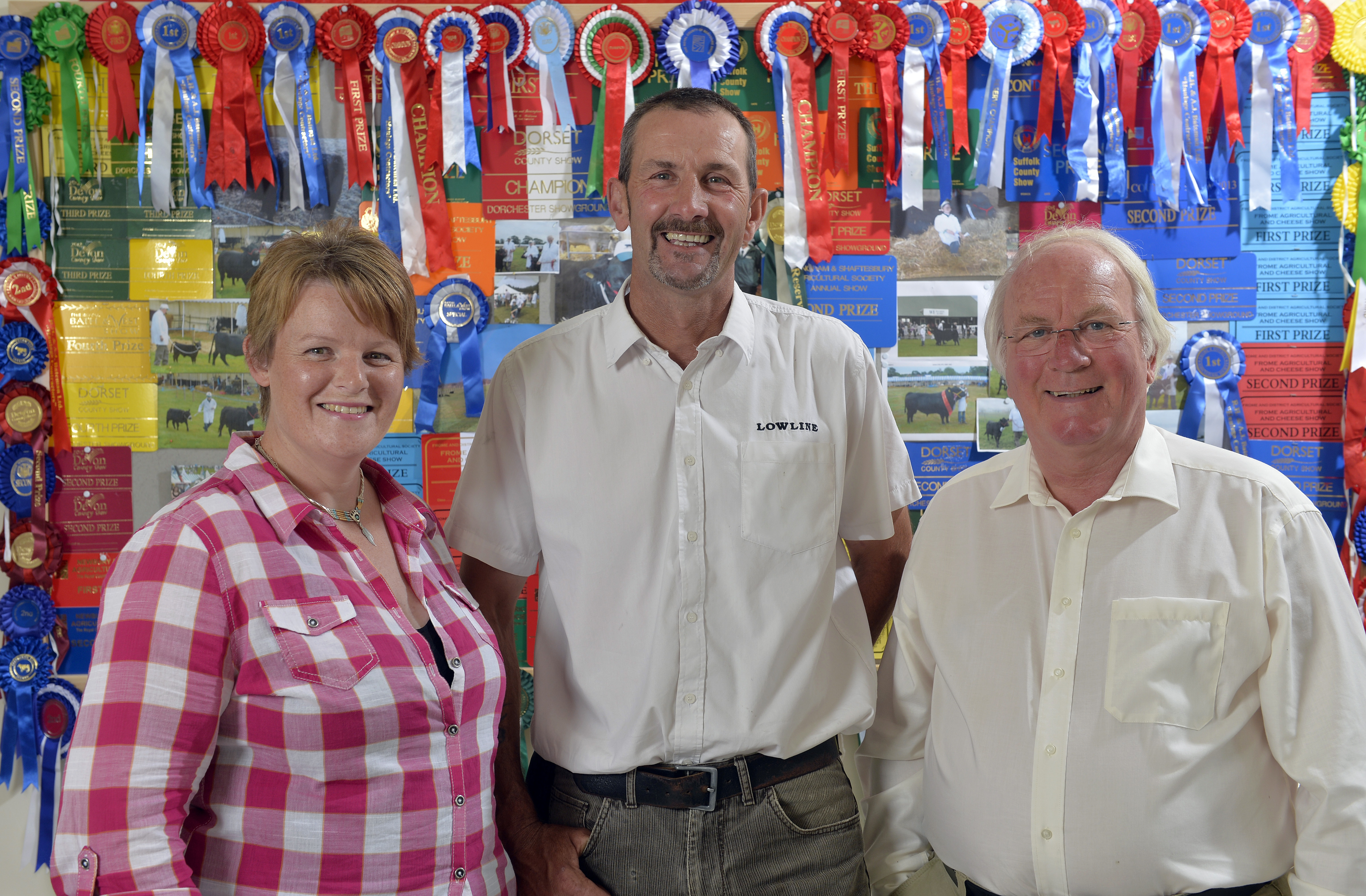
A story of success
At regional and county shows, David and Sam's cattle have won dozens of pedigree and interbreed championships from fiercely competitive fields.
"The profile we have gained has led to sales to small farms wanting to optimise their beef produced per acre, as well as larger enterprises who like the Angus genetics," David said.
"We have also sold bulls to dairy farms for crossing, but in recent years the interest has come from large farms and estates who want hardy cattle that suit a low-input system
"Lowlines can stay outside year-round, calve independently, are good mothers, and are gentle on the ground."
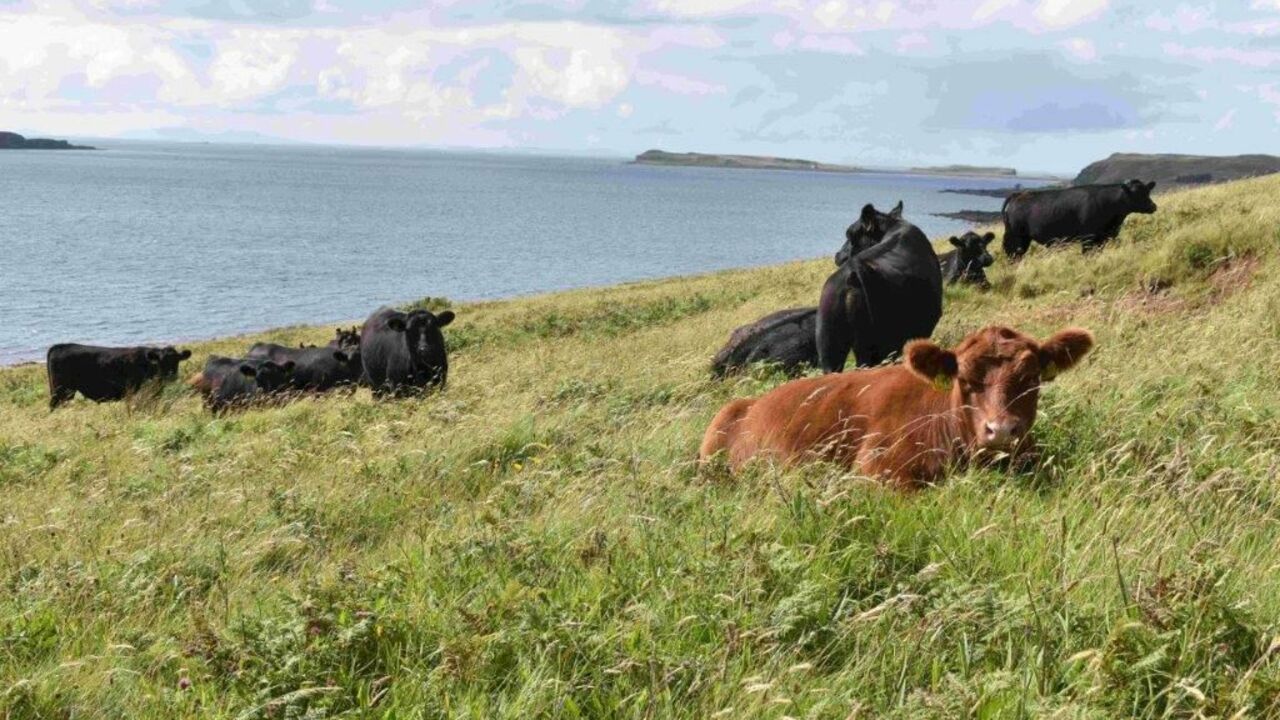
The breed for an environmentally-friendly future
As livestock farming comes under increasing scrutiny for its , Lowline cattle are the perfect breed for those farming with sustainability in mind, as low-input cattle systems offer significant environmental benefits by working in harmony with nature.
These cattle thrive on grass-based diets, reducing the need for imported feed and lowering carbon emissions associated with feed production and transport.
Their lighter environmental footprint supports soil health through natural grazing patterns, encourages biodiversity by maintaining varied pastureland, and requires fewer chemical inputs like fertilisers or pesticides.
A brief history of Lowlines
Lowlines can be linked back to the Aberdeen Angus of the early 1900s when an evaluated two herds – a taller high line, and a shorter low line – on their weight gain, feed intake, reproductive performance, milk production, carcass yield and structural correctness.
They found Lowlines to be among the most efficient converters of grass into beef, and their compact frame, ease of management, and docile temperament has labour benefits for the farm with no compromise on carcass quality or meat yield.
No other breeds' genetics have been introduced into the Wessex Lowline herd – the animals remain 100% Angus, with DNA tested required for all registered Lowlines.
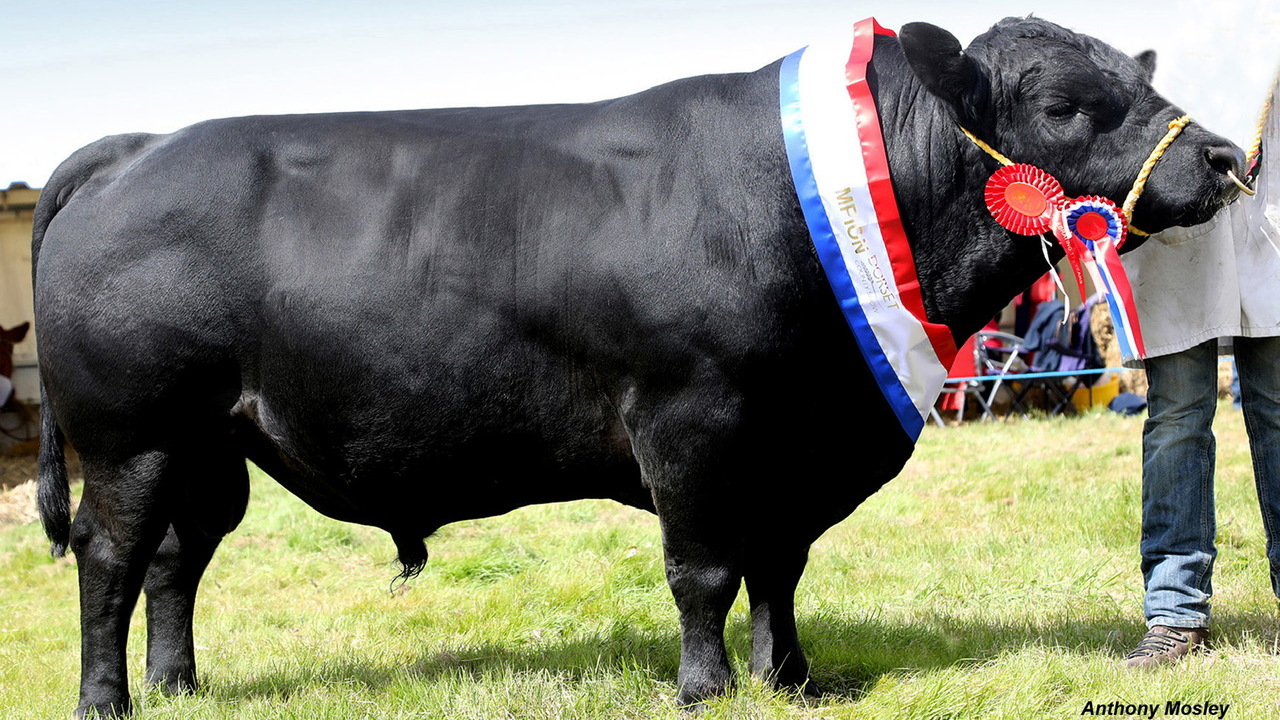
Lowlines have a brilliant return on beef from a carcass. Their target weight is 450kg and the killing out percentage is between 62-67%. But it's the meat to bone ratio where Lowlines come into their own, achieving between 72-77%, meaning it is possible to produce more beef to the acre with Lowlines cattle.
They also calve easily, rarely require intervention, and their gestation period is shorter, calving up to two weeks earlier than most beef breeds.

Following Wessex Lowlines work to build awareness of the breed – including an appearance on BBC Countryfile in 2018 () – the has now been established.
Geoff's intention is to sell the herd as a whole by private treaty by the end of the summer, but a full catalogue of available animals has been created by renowned livestock auctioneers .
Director Scott Donaldson said: "With regenerative farming very much becoming high on the agenda of livestock businesses, and as we focus on a more sustainable livestock rearing model, the Lowline is a breed that ticks all the boxes; smaller in stature but mighty in quality.
"I would urge anyone thinking about alternative beef rearing systems to get in touch and view the herd. In my 40 years' experience in marketing cattle this is the most unique herd I have come across. "
Contact [email protected] or [email protected] for a catalogue, or call 01228 406200.
Pictures and videos of the herd are updated several times a week on the .








